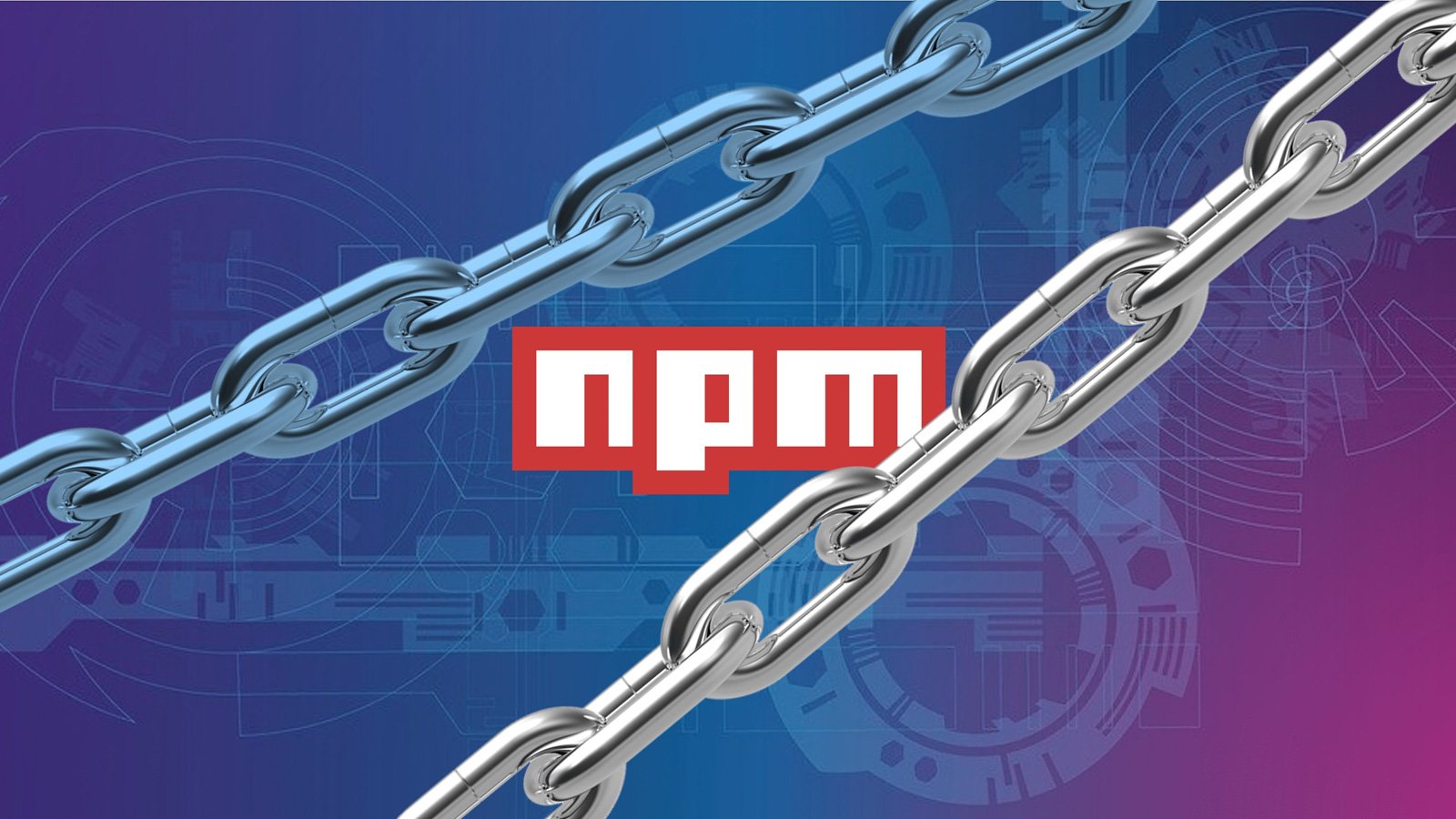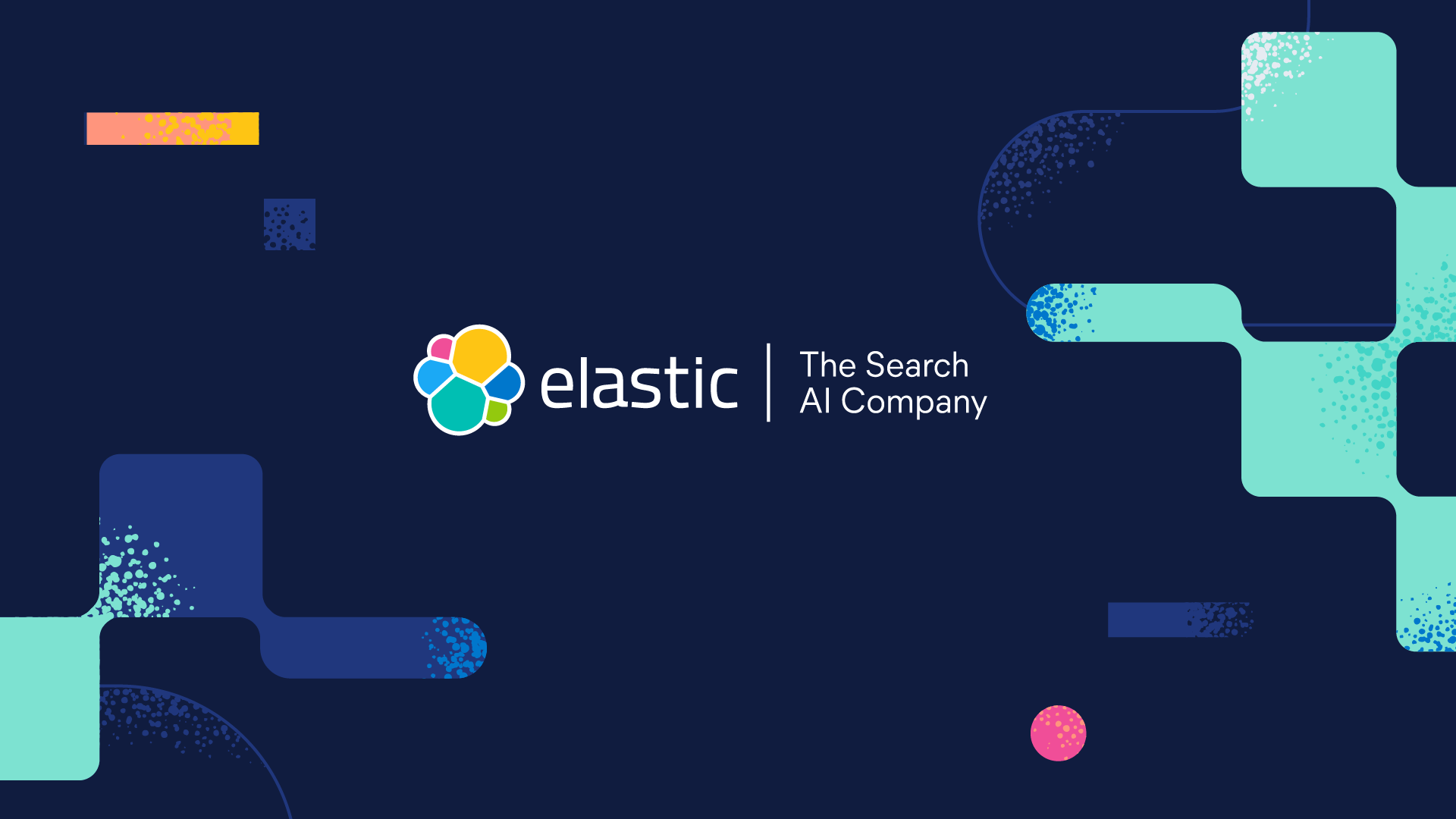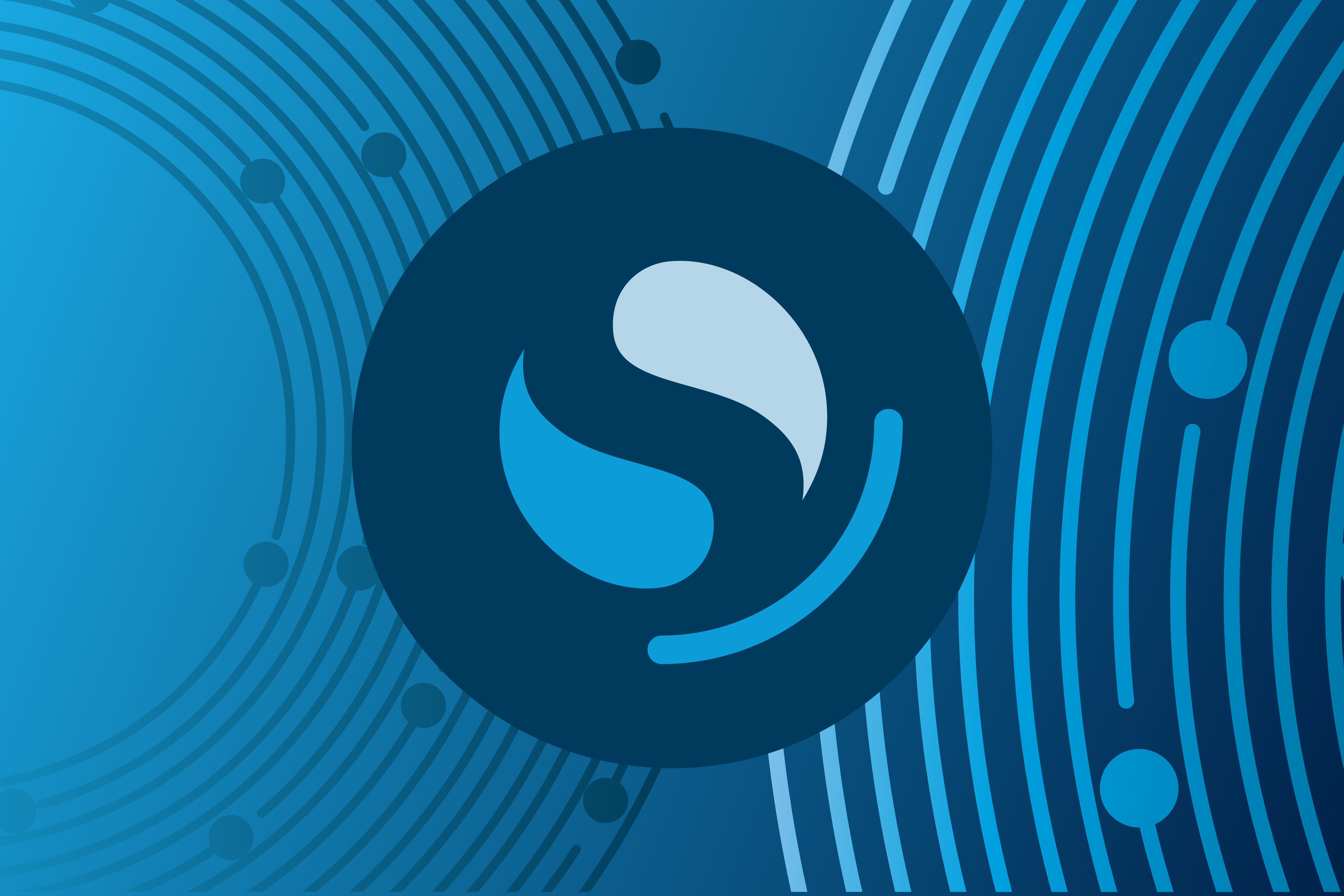Marak Squires is the author of two well known and used libraries on NPM, colors and faker. colors gets 20 million downloads a week with 19.000 projects relying on it, while faker has 2.8 million weekly downloads and 2.500 dependants.
Suddenly users were startled, because programs using these libraries were printing out garbage, LIBERTY or the American flag. So they thought that NPM might be compsomised - again.
This is not the case - the changes have been done by the author himself. He already warned last year about not "going to support" big corporations with his free work any longer, and these corporations should either fork his projects or compensate him with a six digit yearly job.
Since this didn't happen, Squires modified his libraries. VessOnSecurity called this action irresponsible, stating: "If you have problems with business using your free code for free, don't publish free code. By sabotaging your own widely used stuff, you hurt not only big business but anyone using it. This trains people not to update, 'coz stuff might break."

 www.bleepingcomputer.com
www.bleepingcomputer.com
Suddenly users were startled, because programs using these libraries were printing out garbage, LIBERTY or the American flag. So they thought that NPM might be compsomised - again.
This is not the case - the changes have been done by the author himself. He already warned last year about not "going to support" big corporations with his free work any longer, and these corporations should either fork his projects or compensate him with a six digit yearly job.
Since this didn't happen, Squires modified his libraries. VessOnSecurity called this action irresponsible, stating: "If you have problems with business using your free code for free, don't publish free code. By sabotaging your own widely used stuff, you hurt not only big business but anyone using it. This trains people not to update, 'coz stuff might break."

Dev corrupts NPM libs 'colors' and 'faker' breaking thousands of apps
Users of popular open-source libraries 'colors' and 'faker' were left stunned after they saw their applications, using these libraries, printing gibberish data and breaking. Some surmised if the NPM libraries had been compromised, but it turns out there's more to the story.





